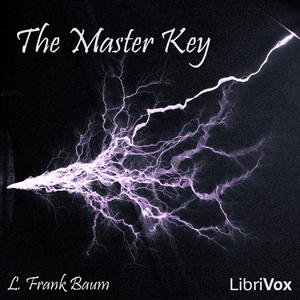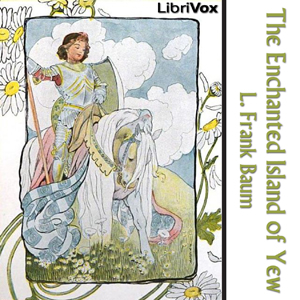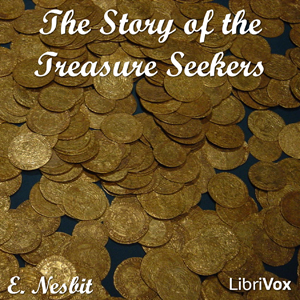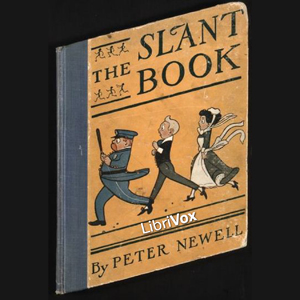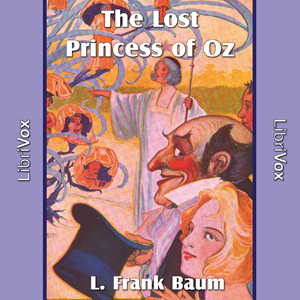
-
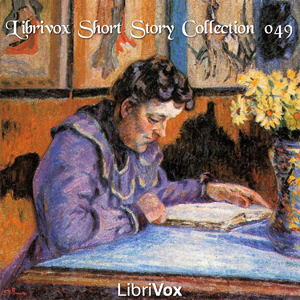 1
1 -
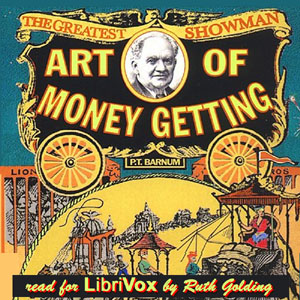 1
1 -
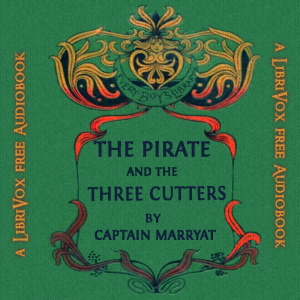 1
1 -
 1
1 -
 1
1 -
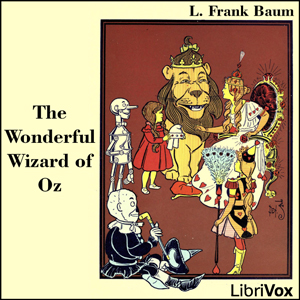 1
1 -
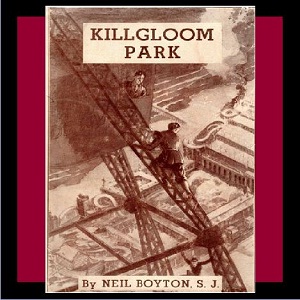 1
1 -
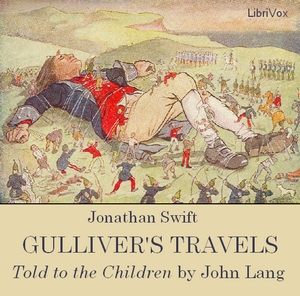 1
1 -
 1
1 -
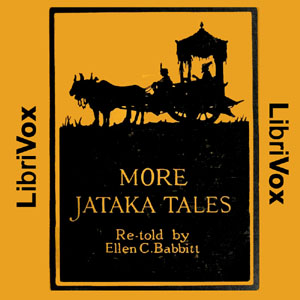 1
1
-
 3
3 -
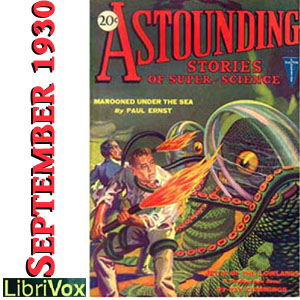 1
1 -
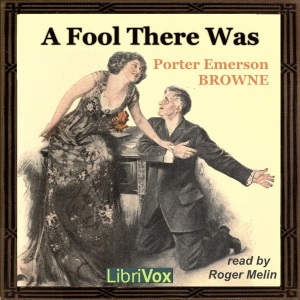 2
2 -
 3
3 -
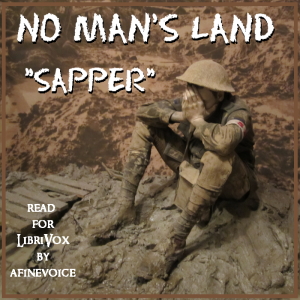 3
3 -
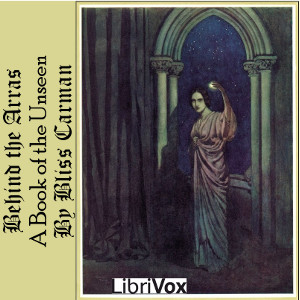 4
4 -

-
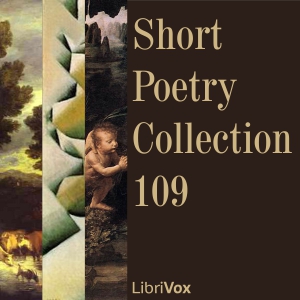
-
 4
4 -
 1
1


Short Poetry Collection 047
LibriVox’s Short Poetry Collection 047: a collection of 20 public-domain poems. [chương_files]

Selected Poems of John Clare, Volume 2
John Clare (1793 – 1864) was a farm labourer in the village of Helpstone, Northamptonshire, who became arguably England’s greatest nature poet. He rose to fame when his ‘Poems Descriptive of Rural Life and Scenery’ was published in 1820. His language preserves many local dialect words in a mixture of classical forms and heart-felt love of country life and nature. This volume comprises fifteen of his bird poems. (Summary by David Barnes). [chương_files]

Short Poetry Collection 036
LibriVox’s Short Poetry Collection 036: a collection of 20 public-domain poems. [chương_files]

Eugenics and Other Evils
Most Eugenists are Euphemists. I mean merely that short words startle them, while long words soothe them. And they are utterly incapable of translating the one into the other, however obviously they mean the same thing. Say to them “The persuasive and even coercive powers of the citizen should enable him to make sure that the burden of longevity in the previous generation does not become disproportionate and intolerable, especially to the females”; say this to them and they will sway slightly to and fro like babies sent to sleep in cradles. Say to them “Murder your mother,” and they sit up quite suddenly. Yet the two sentences, in cold logic, are exactly the same.” [chương_files]

Shakespeare Monologues Collection vol. 02
LibriVox readers present the second collection of monologues from Shakespeare’s plays. Containing 15 parts. William Shakespeare (April 26, 1564 – April 23, 1616) remains widely to be considered the single greatest playwright of all time. He wrote in such a variety of genres – tragedy, comedy, romance, &c – that there is always at least one monologue in each of his plays. Some of these teach a lesson, some simply characterize Shakespeare at his best, some are funny, some sad, but all are very moving. Each monologue will touch everybody differently. Some people will be so moved by a particular monologue that they will want to record it. (Summary by Shurtagal) [chương_files]

Has a Frog a Soul?
Thomas Huxley, known as “Darwin’s Bulldog” for his championing and development of Darwinism, was perhaps the most important Victorian biologist after Darwin himself. This speech to the Metaphysical Society in 1870 is one of Huxley’s best known texts outside the sphere of his specialism, and remains read today by students of philosophy. In it, Huxley argues from the results of vivisection to metaphysics. [chương_files]

Short Poetry Collection 044
LibriVox’s Short Poetry Collection 044: a collection of 20 public-domain poems. [chương_files]

Short Poetry Collection 045
LibriVox’s Short Poetry Collection 045: a collection of 20 public-domain poems. [chương_files]
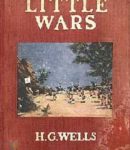
Little Wars (A Game for Boys)
Miniature wargaming got its start with the publication in 1913 of this thoroughly entertaining little account of how H.G. Wells, with certain of his friends, took their childhood toys and turned play into acceptable middle-aged sport by subjecting the exercise to the civilizing influence of actual rules. While wargaming progressed far past these beginnings, Wells observes how “little wars” with even his elementary rules can suggest the wholesale crudity of the real thing. “You have only to play at Little Wars three or four times to realise just what a blundering thing Great War must be. Great War is at present, I am convinced, not only the most expensive game in the universe, but it is a game out of all proportion. Not only are the masses of men and material and suffering and inconvenience too monstrously big for reason, but–the available heads we have for it, are too small. That, I think, is the most pacific realisation conceivable, and Little War brings you to it as nothing else but Great War can do.” Wells leaves almost hanging the tantalizing concept that we might someday simulate war, as an instrument of international decision-making, rather than practice actual combat. But most of this book is just the fun of evicting the boys from the playroom and spending happy days there, away from the “skirt-swishers”, developing the framework under which two gentlemen might meet and accumulate boastable victories! [chương_files]

